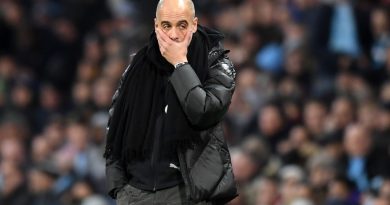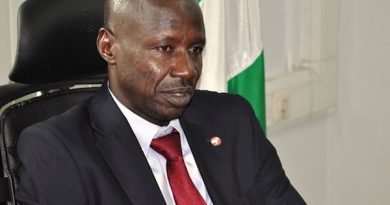Algeria’s ex-PM admits selling gold bars on black market | Corruption News
Ahmed Ouyahia tells state prosecutors he sold 60 gold bars received as gifts from Gulf donors.
Former Algerian premier Ahmed Ouyahia, on trial for corruption, has admitted receiving gold bars from Gulf donors then selling them on the black market, the official APS news agency reported.
Ouyahia and fellow ex-prime minister Abdelmalek Sellal are accused of covertly financing the 2019 re-election bid of then-president Abdelaziz Bouteflika, who resigned shortly afterwards amid mass anti-government protests.
Their retrial opened on Saturday after the Supreme Court in November annulled their earlier convictions following an appeal, APS said.
Both had served under Bouteflika. Several former ministers and other well-known figures are also on trial over the same affair.
Ouyahia was questioned over the source of assets in his bank accounts, totalling more than $5m.
He said some had come from black market sales “of gold bars, which he received as a gift, in his capacity as prime minister, from leaders of Gulf countries”, APS reported.
The 60 gold bars were estimated to be valued at some $2.5m.
Ouyahia said he previously kept quiet about the matter so as “not to undermine the relations between Algeria and certain friendly countries”.
He also admitted to not having declared the sums to tax inspectors.
String of investigations
The trial of Ouyahia and Sellal in December 2019 was the first in a series of high-profile corruption cases launched after Bouteflika resigned earlier that year.
It was also the first time since Algeria’s independence from France in 1962 that former prime ministers had been put on trial.
Ouyahia was prime minister four times between 1995 and 2019, and had been sentenced to 15 years behind bars.
Sellal, who served from 2012 to 2017 and managed four of Bouteflika’s election campaigns, was sentenced to 12 years in jail. The pair were sentenced to further jail time in separate cases last year.
Bouteflika, who was Algeria’s longest-serving president, was forced to resign in April 2019 after losing the backing of the army amid enormous street protests against his decision to seek a fifth term.
Authorities then launched a string of investigations against high-ranking former officials and business figures, several of whom have been convicted.
But the state has also cracked down on opposition figures, and many see the trials as score-settling between rival officials rather than a genuine effort at reform.


